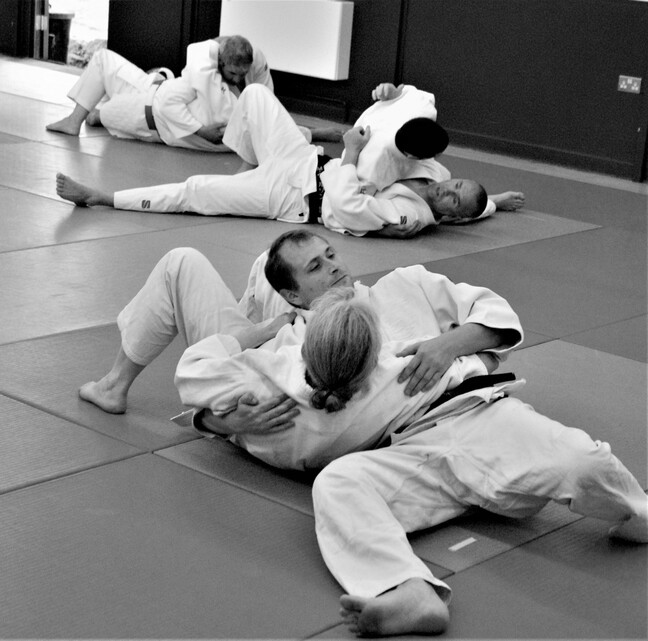Seminar 2023
Ju No Michi, the true original martial art Judo founded by Dr. Jigoro Kano, is practised when all the essential elements are in place. Without meeting these criteria, it deviates

Ju No Michi, the true original martial art Judo founded by Dr. Jigoro Kano, is practised when all the essential elements are in place. Without meeting these criteria, it deviates